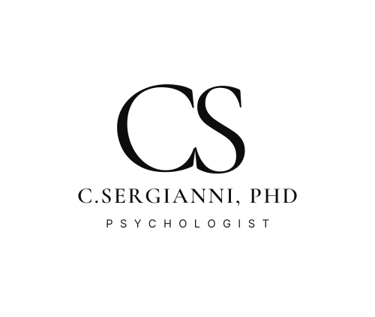What Healthy Connection Really Looks Like.
A reflective look at the often-overlooked signals of emotional safety, mutual respect, and steady care that quietly shape the foundation of healthy relationships.
RELATIONSHIPS
6/22/20253 min read


We’ve all been taught to look out for red flags. Warnings. Signals that something isn’t quite right. And for good reason—they help keep us safe.
But what if we’ve spent so long scanning for what might hurt us, that we’ve forgotten to notice what helps us heal?
Green flags are quieter. Less urgent. They don’t sound alarms—they offer invitations. To soften. To trust. To stay.
They’re not just the absence of drama. They’re presence. Steadiness. A felt sense that something here is worth leaning into.
One of the most grounding green flags is emotional generosity. It shows up in the way someone stays curious about your inner world without needing to fix or explain it away. You’re not a puzzle to solve—you’re a person to be understood. Emotional generosity says: you make sense, even when things are messy.
This kind of listening creates space. And in that space, something vital happens: you begin to feel real.
Not edited. Not managed. Just received.
And that kind of presence—undistracted, undemanding—can be deeply regulating. Especially if you’ve been used to relationships where being heard came with a price.
Then there’s relational integrity. A kind of quiet congruence between what someone says and what they do. This doesn’t mean perfection—it means accountability. The ability to name a misstep, to hold complexity, and to follow through. When someone keeps showing up in a way that matches their words, you stop bracing for disappointment. You begin to exhale.
There’s safety in that. But more than safety—there’s dignity. Because consistency isn’t just comforting. It’s clarifying. It helps you trust not only the other person, but your own experience of being with them.
Green flags often speak through subtle forms of support. Like mutual growth. A relationship where your becoming is welcomed, not threatened. Where your evolution is met with encouragement rather than control. Where your ideas, curiosities, and half-formed dreams are received with genuine interest, even joy.
Growth in this context isn’t transactional. It’s not conditional. It doesn’t hinge on your usefulness or performance. It’s celebrated for its own sake. And that kind of support feels less like pressure and more like possibility.
Also worth noticing: the way autonomy and connection co-exist. Relational autonomy means you’re free to be fully yourself—and so are they. You’re not expected to shrink or stretch to fit a mold. There’s room for distance without disconnection. For individuality without threat.
This matters because sustainable connection doesn’t erase difference. It makes space for it. Green flags show up in the quiet understanding that two people don’t need to be everything to each other to be enough for each other.
And then there’s proactive kindness. Not just comfort in crisis, but small, consistent gestures that say, “I see you.” The cup of tea. The thoughtful pause. The willingness to check in, not because something is wrong, but because care doesn’t need a reason. Proactive kindness is steady, not showy. But its impact runs deep.
In these gestures, there’s no keeping score. No underlying transaction. Just a way of being that communicates, over and over: you matter.
Even conflict can be a green flag when it invites repair instead of rupture. Disagreements become opportunities—not threats. You’re allowed to be different, to feel frustrated, to be imperfect. And still be loved. The way someone navigates tension—whether they stay open, reflective, and respectful—reveals more than their words ever could.
Because in the presence of safety, conflict doesn’t destroy—it deepens. You learn not just how to fight, but how to return. How to rebuild trust in small, steady ways.
Green flags often go unnoticed because they don’t demand attention. They offer safety, not spectacle. And for many, that kind of safety can feel unfamiliar at first.
Especially if you’ve learned to confuse intensity with intimacy. Or chaos with passion. It takes time to recalibrate your nervous system to peace. To see that stability isn’t boring—it’s brave.
But when we begin to attune to it—when we learn to recognise and embrace what connects us—we start to relate differently. We stop performing or bracing. We begin to trust. To soften. To show up more honestly.
Because the green flags were never flashy. They were quiet, steady invitations. To feel safe. To be seen. To stay.
So pause for a moment.
Not to look for what’s wrong, but to notice what’s quietly, consistently right.
A gentle shift in focus from what warns us away to what quietly shows us it’s safe—and meaningful—to stay.
Address
Taunusanlage 8, 60329 Frankfurt am Main
Contacts
info@csergianni.com
+49(0)15236632744


© 2025 by Christina Sergianni, PhD - All Rights Reserved.


